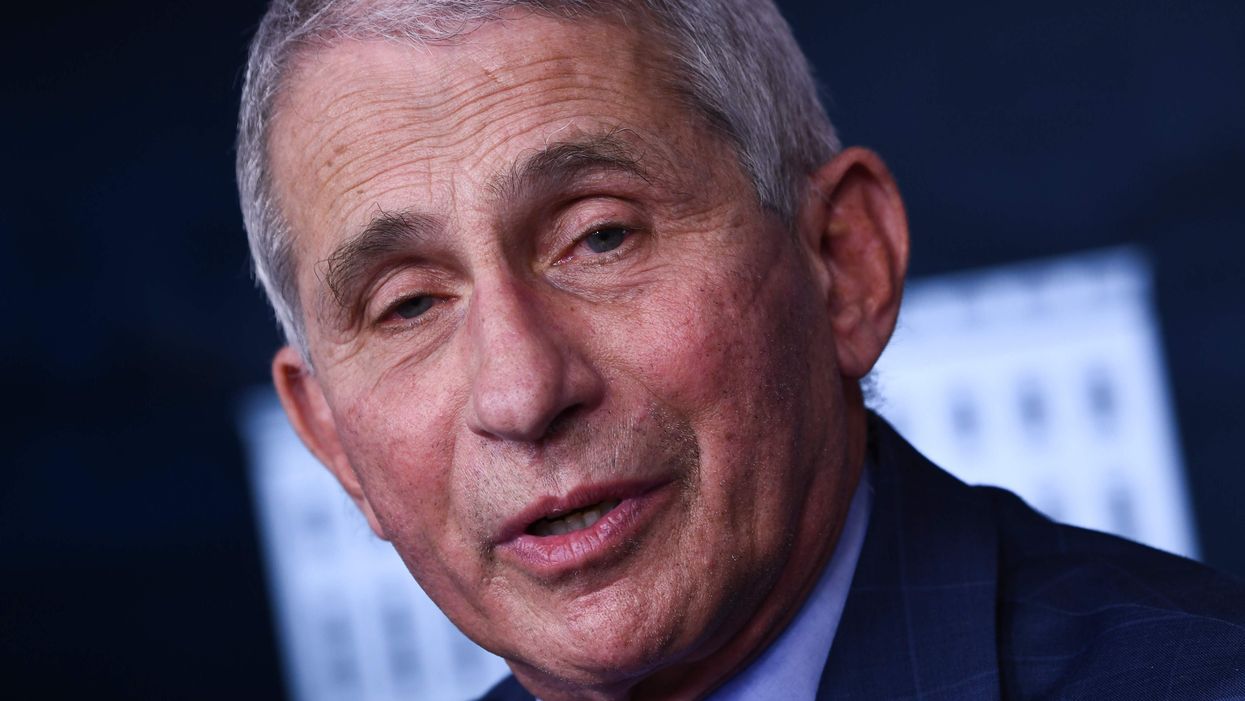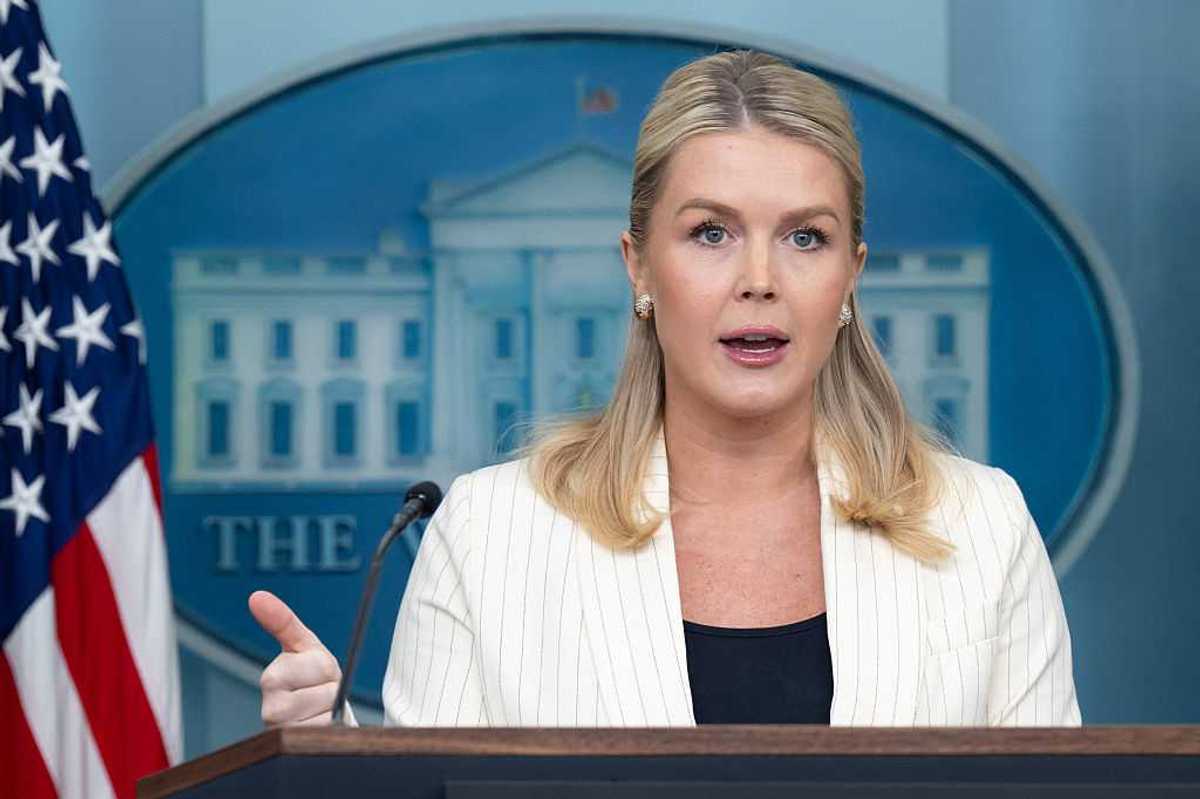
The Pfizer/BioNTech coronavirus vaccine has been approved for widespread use in the UK.
The Medicines and Healthcare Regulatory Agency (MHRA) announced that it is safe for widespread rollout as early as next week.
But the US’s top immunologist, Dr Anthony Fauci, said that approval had been “rushed”. In an interview with Fox News, he said:
“If you go quickly and do it superficially, people are not going to want to get vaccinated. We have the gold standard of a regulatory approach with the FDA.
"The UK did not do it carefully. They got a couple of days ahead. I don’t think that makes much difference.”
In a CBS interview he added:
“In all fairness to so many of my UK friends, they kind of ran around the corner of the marathon and joined it in the last mile. I think that would be a good metaphor for that … because they really rushed through that approval.”
But Dr Fauci backtracked on his comments while speaking to the British media. He told the BBC:
“There really has been a misunderstanding, and for that I’m sorry, and I apologise for that. I do have great faith in both the scientific community and the regulatory community in the UK. I did not mean to apply any sloppiness, even though it came out that way.”
The MHRA, which remains part of the European system of approval until the end of the Brexit transition period, has a different approach to the US’s Food and Drug Administration (FDA).
And despite Dr Fauci’s criticism, UK regulators retain confidence in the vaccine.
Here’s everything you need to know about it.
1. The UK was the first country in the world to approve the vaccine, which was developed by American pharmaceutical company Pfizer in partnership with German biotechnology company BioNTech.
2. Trials suggest that the vaccine offers a person 95 per cent protection against the virus. 41,000 people took part in these trials worldwide.
3. The UK ordered 40m doses, enough for 20m people. The first 800,000 doses will be arriving in the coming days.
4. 50 hospitals are on stand-by and additional vaccination centres are being set up. Health secretary Matt Hancock said that people will be contacted by the NHS when it’s their turn for immunisation.
5. Public Health England (PHE) has developed a priority list for vaccine recipients. Care home residents and staff are at the top, followed by healthcare workers and people over 80.
6. Under current plans, the vaccine will become available to the wider population after being offered to each age group from the over-80s to the over-50s and to clinically vulnerable people. This is likely to be in 2021, when more stocks become available.
7. The vaccine must be stored at -70C.
8. Pfizer were the first to announce that their vaccine had shown to be highly efficacious on 10 November.
9. It is not the only vaccine the UK has ordered: our portfolio also contains the Oxford/AstraZeneca vaccine, Moderna, Novavax, Valneva, GSK/Sanofi Pasteur and Janssen. Crucial differences between them include their efficacy, the cost of each dose and how easily they can be stored.
10. Recipients of the Pfizer vaccine will be given a shot and a booster shot 21 days apart. It will then take around 28 days to build up immunity.
11. We do not yet know how long immunity will last for. It’s possible further booster shots will be necessary.
12. There is no indication that the vaccine will block the virus’s transmission, but it will alleviate symptoms. So health officials have warned that it remains crucial that people follow social distancing regulations and guidelines.
13. Trials suggest that the vaccine is safe and just as effective among all age groups and people of different ethnicities.
14. The Pfizer/BioNTech vaccine has gone from concept to reality faster than any other vaccine in history.
Although the pandemic is not over yet, this announcement is good news and marks a decisive step forward to saving lives.
While the UK has approved the vaccine first, its development and production were part of an international effort to fight coronavirus. Others, including the US, are not far behind.













